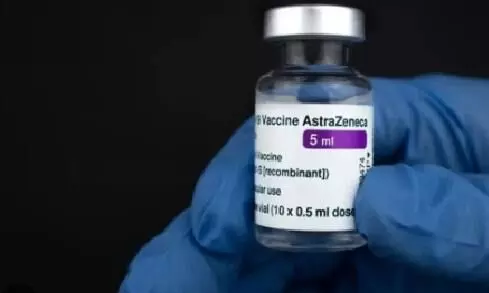
AstraZeneca Covid vaccine linked to another blood clotting disorder: report
text_fieldsNew Delhi: AstraZeneca’s Covid vaccine could raise the risk of a rare but fatal blood clotting disorder, claims a research days after the British pharma company ‘accepted’ that the vaccine could lead to Thrombotic Thrombocytopenic Syndrome (TTS) in rare cases, according to NDTV.
The pharma giant made the vaccine in collaboration with Oxford University and distributed as Covishield in India and Vaxzevria in Europe.
Now a study claims that it could raise the risk of vaccine-induced immune thrombocytopenia and thrombosis (VITT), which is a rare but fatal blood clotting disorder.
Though not new, VITT emerged as a new disease following adenovirus vector-based vaccine came out at the height of the Covid pandemic in 2021.
The reason for VITT was found to be from "An unusually dangerous blood autoantibody directed against a protein termed platelet factor 4 (or PF4)".
The new research by Flinders University in Australia and other international experts discovered the PF4 antibodies in both adenovirus infection-associated VITT and classical adenoviral vector VITT as sharing identical molecular fingerprints or signatures, according to NDTV.
"Indeed, the pathways of lethal antibody production in these disorders must be virtually identical and have similar genetic risk factors," Professor Tom Gordon from Flinders was quoted as saying.
The researcher also pointed out that the "findings have the important clinical implication that lessons learned from VITT are applicable to rare cases of blood clotting after adenovirus (a common cold) infections, as well as having implications for vaccine development".
It is reported that the findings published in the New England Journal of Medicine may have important implications for improving vaccine safety.























